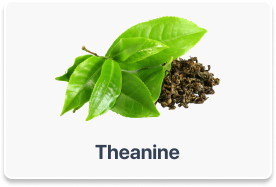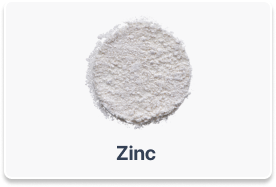What is Attention?

Attention is a fundamental cognitive process that allows us to focus on specific information while filtering out distractions selectively.
It is like a spotlight that directs our mental resources to relevant environmental stimuli.
Without attention, our ability to perceive and interact with the world would be severely impaired.
Reaction Time
Reaction time, which refers to the elapsed time between the presentation of a stimulus and the initiation of a response, is a crucial factor in various cognitive processes and motor skills.
It plays a significant role in determining how quickly an individual can react and respond to stimuli in their environment.
By improving reaction time, individuals can enhance their performance in activities such as sports, driving, and decision-making tasks.
It measures how quickly we can process and react to incoming information. When our attention is fully engaged, our reaction time tends to be faster as we are able to identify and respond to relevant cues quickly.
.
Alertness
Alertness is the state of being mentally and physically awake and vigilant. It is closely related to our level of arousal and can have a significant impact on our overall performance.
When we are alert, our attention is heightened, and we are more responsive to our surroundings. It allows us to stay focused and react swiftly to any potential threats or opportunities.
Focus
Focus is a fundamental cognitive process that allows us to concentrate and direct our attention towards a specific task or goal.
When our focus is sharp, we become less susceptible to distractions, enabling us to achieve our objectives more efficiently and effectively.
By honing our ability to focus, we enhance our cognitive capabilities and optimize our performance in various areas of life.
Working Memory / Learning
Working memory is like a mental workspace where you process and hold information. It helps you follow instructions, solve problems, and make decisions in real-time. For example, working memory helps you remember notes, coordinate your fingers, and follow the rhythm when learning a musical instrument.
Context Memory
Context memory helps you recall information in specific situations. It allows you to remember details, events, or facts associated with a particular place or setting. When you visit a familiar place, context memory helps you recognize the location, recall memories, and navigate effortlessly.
Visual Memory
Visual memory lets you recall and mentally manipulate visual information. It helps you recognize faces, recall visual patterns, and navigate your surroundings. For instance, when learning to draw, visual memory allows you to remember shapes, proportions, and colors for accurate representation.
Short-term Memory
Short-term memory temporarily holds and manipulates information in your mind. It's like a mental sticky note with limited capacity. For example, when you hear a phone number and need to dial it immediately, short-term memory helps you keep the digits in mind until you complete the task.
Helpful Articles on Memory:
What are the differences between long-term, short-term, and working memory?
Reaction Time
Reaction time, which refers to the elapsed time between the presentation of a stimulus and the initiation of a response, is a crucial factor in various cognitive processes and motor skills.
It plays a significant role in determining how quickly an individual can react and respond to stimuli in their environment.
By improving reaction time, individuals can enhance their performance in activities such as sports, driving, and decision-making tasks.
It measures how quickly we can process and react to incoming information. When our attention is fully engaged, our reaction time tends to be faster as we are able to identify and respond to relevant cues quickly.
Alertness
Alertness is the state of being mentally and physically awake and vigilant. It is closely related to our level of arousal and can have a significant impact on our overall performance.
When we are alert, our attention is heightened, and we are more responsive to our surroundings. It allows us to stay focused and react swiftly to any potential threats or opportunities.
Focus
Focus is a fundamental cognitive process that allows us to concentrate and direct our attention towards a specific task or goal. When our focus is sharp, we become less susceptible to distractions, enabling us to achieve our objectives more efficiently and effectively. By honing our ability to focus, we enhance our cognitive capabilities and optimize our performance in various areas of life.
Helpful Articles on Attention:
Working Memory and Attention – A Conceptual Analysis and Review




